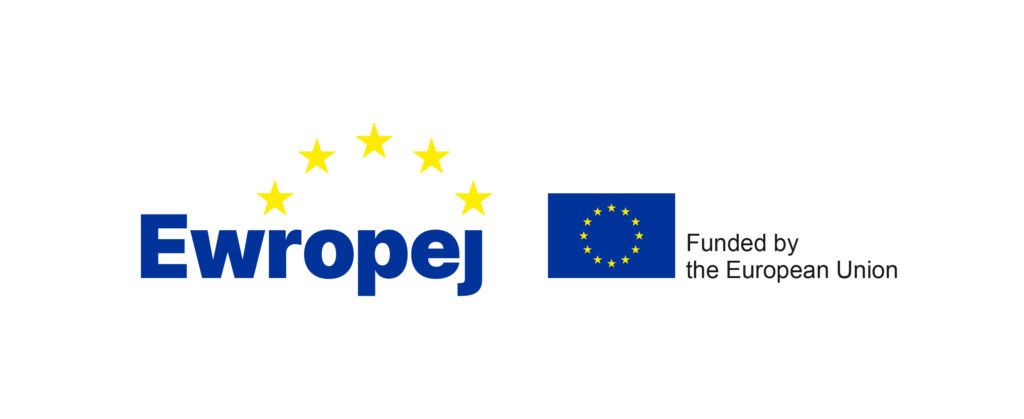Maltese MEP Hails Right To Disconnect As Next Step In Mintoff’s Fight: ‘Workers Aren’t Robots’

Days after his right to disconnect proposal was overwhelmingly adopted by the European Parliament, Labour MEP Alex Agius Saliba described this policy as one that continues the fight taken up by Maltese socialist leaders into the modern age.
“Workers aren’t robots, which is why I’ve been fighting to ensure that the things [Paul] Boffa and [Dom] Mintoff fought for are defended in today’s realities,” Agius Saliba told a PL rally in Tarxien today, referring to Malta’s first two Labour Prime Ministers.
“The policies promoted by Labour governments, such as the 48-hour work week and the right to free time after work must be protected in a digital world where it’s become the norm for workers to get bombarded by messages, emails and phone calls during their free time.”
“By obtaining a strong vote in the European Parliament, I won a victory for all workers across Europe. This is proof that the Labour Party is fighting the battles it was set up to fight 100 years ago, to be a strong voice against the exploitation of workers, not only in Malta but across Europe.”

Agius Saliba’s report urges the European Commission to issue a directive to EU member states, which would require them to enshrine the right to disconnect into law within two years.
Member states will have to ensure that employers allow their workers to disconnect after working hours and prohibit the dismissal, discrimination or less favourable treatment of workers on the grounds that they’ve exercised or sought to exercise this right.
All remote professional learning and training activities must be counted as work activity and cannot take place during overtimes or free days without adequate compensation.
Workers who feel they’ve been treated adversely due to their desire to disconnect after work will be able to present the courts or other authorities with facts “capable of giving rise to a presumption” that this was indeed the reason behind their poor treatment. It will then be up to the employer to prove that the treatment was based on other grounds.
His report cites a recent EU study which found that over a third of EU workers started working from home during the COVID-19 pandemic, up from 5% pre-pandemic. Out of these teleworkers, 27% reported that they had worked in their free time to meet work demands.
What do you make of this proposal?
 This article is part of a content series called Ewropej. This is a multi-newsroom initiative part-funded by the European Parliament to bring the work of the EP closer to the citizens of Malta and keep them informed about matters that affect their daily lives. This article reflects only the author’s view. The European Parliament is not responsible for any use that may be made of the information it contains.
This article is part of a content series called Ewropej. This is a multi-newsroom initiative part-funded by the European Parliament to bring the work of the EP closer to the citizens of Malta and keep them informed about matters that affect their daily lives. This article reflects only the author’s view. The European Parliament is not responsible for any use that may be made of the information it contains.